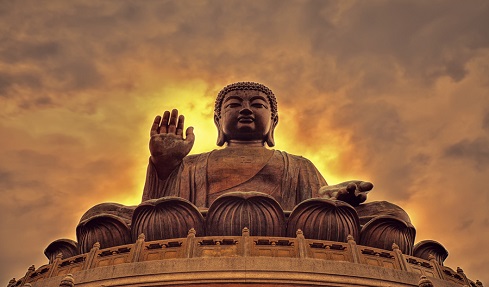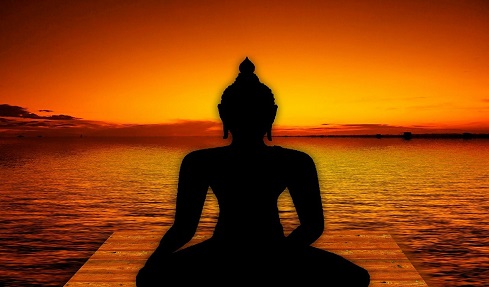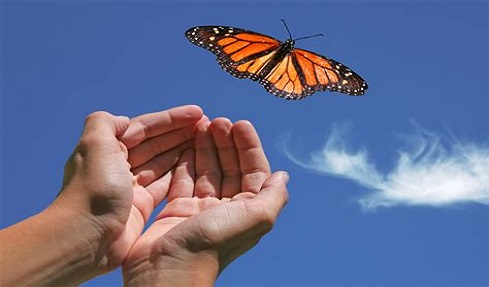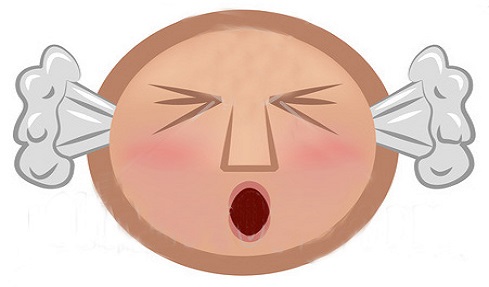This world of illusion is described in the American film The Matrix. The directors Larry Wachowski and Andy Wachowski, with whom a friend of mine is acquainted, have a substantial interest in Buddhism and have based the film on certain Buddhist concepts. At the end of the movie, we discover what appears to be a normal world of reality is actually controlled by an artificially intelligent computer called “Matrix,” and that all the people and circumstances in it are computer programs.
In the same way, the flowers, buildings, tables, and so forth which we can see all exist in only a moment. When countless moments join together, they form a continuum; when countless specks of dust come together, they form physical objects like buildings and vehicles, even mankind.
By just practicing impermanence, we can reach a state of mind that apprehends the entire world as an illusion.











